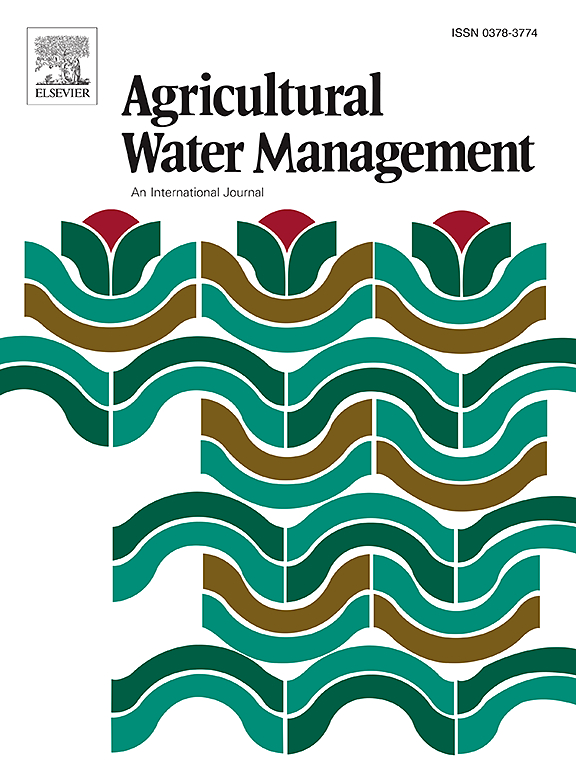Improved MobileVit deep learning algorithm based on thermal images to identify the water state in cotton
IF 5.9
1区 农林科学
Q1 AGRONOMY
引用次数: 0
Abstract
Thermal imaging combined with deep learning algorithms offers an efficient and non-invasive method for monitoring crop water status, facilitating precise irrigation management over large agricultural areas. This study introduces a method for identifying the moisture state of cotton using an enhanced MobileVit deep learning algorithm. This approach incorporates the Efficient Channel Attention (ECA) mechanism into the Fusion component of the MobileVit model, optimizes the first convolution in the Fusion component by replacing it with Depthwise Separable Convolution (DsConv), and substitutes the Local representation with the MobileOne block. These enhancements aim to improve model performance while maintaining its compact size. A dataset of thermal images of cotton canopies representing three different water states was developed for this study. Ablation studies were performed to evaluate the effect of each modification. Grad-CAM was utilized to illustrate the final layer features of the proposed algorithm. Various deep learning models were also trained, tested, and validated, allowing for a comparative analysis of the proposed model against traditional deep learning models in identifying cotton moisture states. The results show that the F1-score of the proposed model reaches 0.9677, achieving a recognition speed of 50.370 ms while maintaining a size of 4.94 M, outperforming other classical deep learning models. The findings of this study provide technical support for the development of future precision irrigation systems. The relevant code and datasets will be made available on GitHub (https://github.com/kingcuzamu/identifying-cotton-water-state) upon publication.
求助全文
约1分钟内获得全文
求助全文
来源期刊

Agricultural Water Management
农林科学-农艺学
CiteScore
12.10
自引率
14.90%
发文量
648
审稿时长
4.9 months
期刊介绍:
Agricultural Water Management publishes papers of international significance relating to the science, economics, and policy of agricultural water management. In all cases, manuscripts must address implications and provide insight regarding agricultural water management.
 求助内容:
求助内容: 应助结果提醒方式:
应助结果提醒方式:


